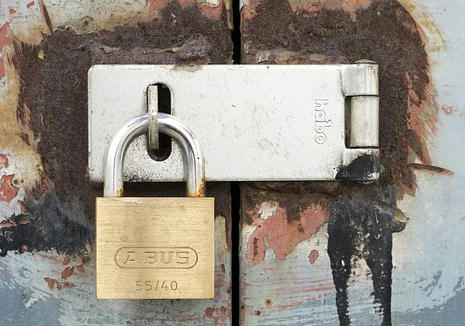Scotland has lost over a third of its bank branches in eight years
Scotland lost over a third of its bank and building society branches in just eight years, raising concerns that consumers and businesses alike could struggle to access cash across the country.

Interrogating data from the Office for National Statistics, consumer watchdog Which? found 610 fewer banks or building societies across the country in 2018 compared with 2010 – slashing the total number of branches from 1,625 to 1,015.
Further to this, Which? can reveal the constituencies that lost the most branches over this period. Edinburgh South West was hardest hit with a massive 135 closures, cutting the network to just 30 remaining branches in 2018. This is followed by Glasgow Central, which lost 70, Edinburgh North & Leith, 65 and Edinburgh East, 45.
Meanwhile, Angus, Dundee West, Falkirk and Paisley & Renfrewshire North all lost 15 branches.
Which? has also carried out its own tracking of branch closures since 2015. In the period since then, RBS has closed most branches – shutting 158 of the 399 banks that have disappeared.
It is followed by Bank of Scotland (86), Clydesdale (59), Santander (38) and TSB (35).
These losses have been compounded by a sharp rise in the rate of cashpoint closures throughout the UK last year, which saw 290 ATMs close in Scotland. The majority of these machines (204) were free-to-use cashpoints that give people access to their cash without having to pay a hefty fee for each withdrawal.
Concerned by the double blow of cashpoint and bank closures across Scotland, Which? is calling on the UK Government to give a single regulator a duty to protect access to cash and ensure no-one is left behind by these rapid changes to the payments landscape.
This intervention is badly-needed in rural areas, where people may face longer journeys to access cash and broadband speeds are gradually improving from a low level.
But it is equally necessary in urban areas, where cash is vital as a back-up when card and cashless payments collapse.
Which? recently revealed that UK banks were hit by 302 IT shutdowns in the last nine months of 2018 – that’s more than one major IT or security failure every day that prevents customers from making payments.
While digital payments are rising, cash is still a necessity for more than 25 million people across the UK.
A previous Which? survey found that three quarters of people in Scotland (75 per cent) use cash frequently, while just four percent said they rarely use this payment method.
Just recently, the Ceeney review into access to cash warned that the UK’s cash network was ‘on the verge of collapse,’ and called for urgent action from banks, Government and regulators to guarantee access to cash.
As MPs on the Scottish Affairs Committee meet in Westminster today to discuss access to cash, Which? is warning that without urgent regulatory action the UK risks drifting into a no-cash society that could shut people out of paying for local goods and services.
Gareth Shaw, head of Money, Which?, said: “These ongoing closures could have a huge impact on communities across Scotland, stripping millions of people reliant on cash of their ability to go about their daily lives.
“Cash is also a vital backup when digital systems fail – so the UK Government must appoint a regulator to oversee these changes and ensure no-one is shut out from paying for local goods and services.”






